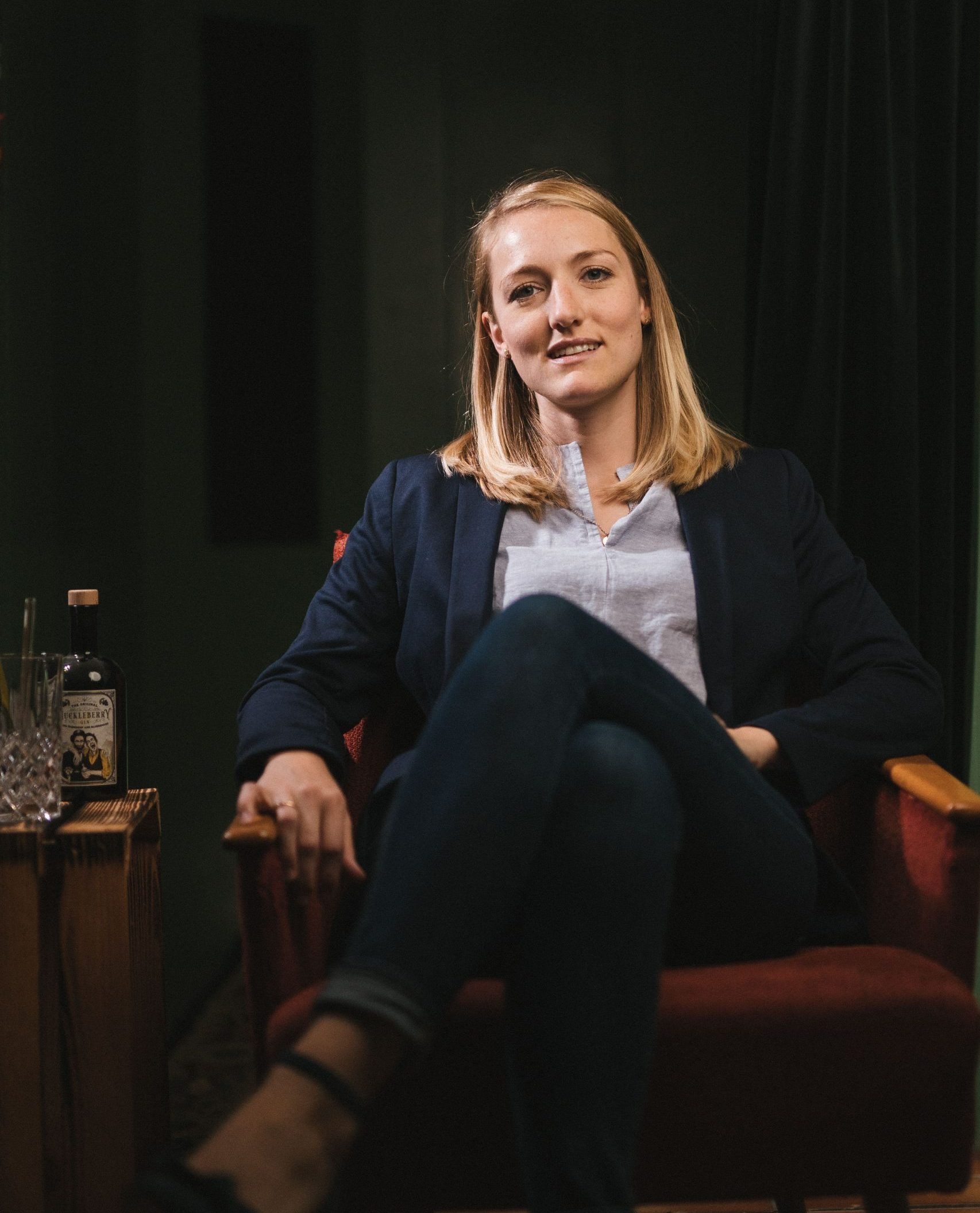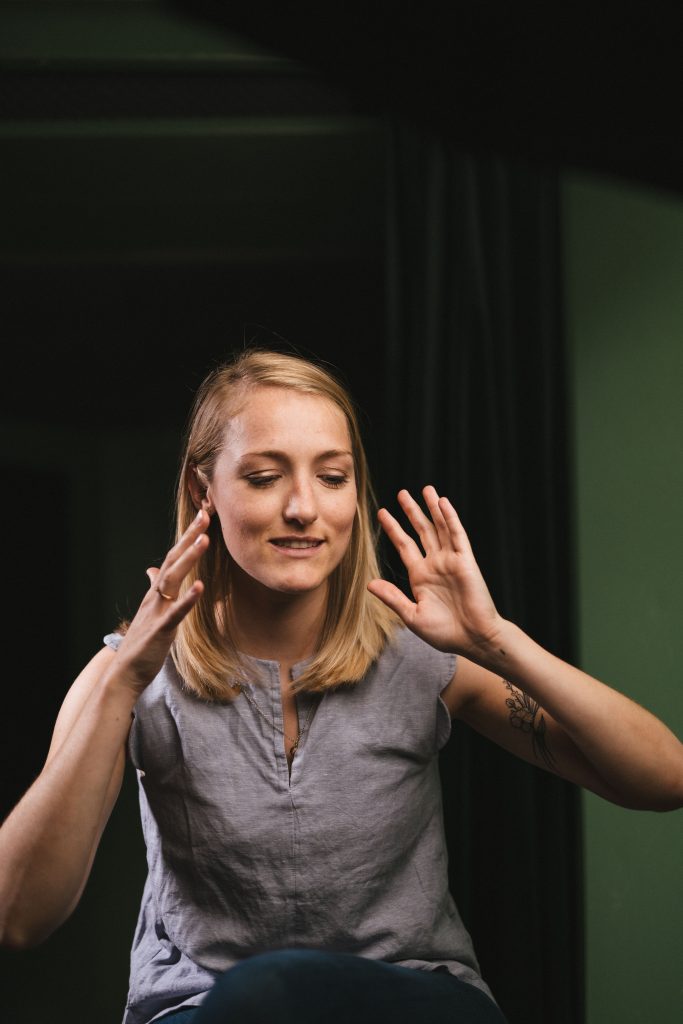Anna Valeria Creitz (she/her)
‘I think it's important to understand that the majority of people are in favour of more diversity and inclusion, but that there is often a huge knowledge gap.’

Thank you first of all for the opportunity and your work! My name is Anna, my pronouns are she/her. I live and work in Munich, have two children, am married, advise SMEs on DEI topics with my consulting agency spark diversity, and am responsible as Global Head of D&I at BearingPoint for strategically and structurally creating a basis for equality and diversity for over 6,000 people. I also talk on stages and panels here and there.
For me, the driver of diversity is personal first. As a mother, I am doubly motivated to contribute to a world where people really have the chance to be who they are and create everything they want – which is not yet the case – and then speak out and live it. In a professional context, a business aspect also seems to be a hindrance. However, this is just an old wives’ tale. In reality, a sustainable and resilient business is only possible if we are not only innovative, but also truly inclusive and sustainable. This is provable.
I wish I could say no. The moment actually came when I was pregnant with my first child. Up until then, I had been repeatedly affected by sexism and micro-discrimination, but somehow managed to push through and became a manager early on. But sitting pregnant in front of three white men (at least two of them fathers), who preached all the stereotypes about mothers to me and fell from the clouds when I said I would come back full-time. Well, I still didn’t have the job after parental leave. It was clear to me then that I was going to get to grips with the topic and also use my skills as a leader and manager to leave the world a little more inclusive and equal.
Some people have the energy and time to be full-time activists on a daily basis, some take a business-driven approach and some approach it through micro-activism or or or or. I think it’s important to understand that the majority of people are positive about more diversity and inclusion, but there is often a big knowledge gap. Once this is addressed, each person can decide for themselves, what am I willing to give in return and that in turn is individual and fluctuates and everything is good and important.
First of all, I have to say that I am very happy here with how much support and trust I receive from the global leadership. The biggest challenge is not a special one, but it is a daily one. Above all, we have to close the gaps in our knowledge. There is now so much scientific knowledge on these topics. I am often asked questions that I can answer calmly and clearly with study results, which usually leads to incredible aha-effects. I hope that all of this will become part of school education, training and degree programmes.

That’s true – standing in front of the notary while heavily pregnant and presenting a fully gendered shareholder agreement was also a formative experience. 😄 I see spark diversity as hands-on support for small and medium-sized companies. The vision is to support SMEs, which are often rightly referred to as the backbone of the German economy, to tackle the issue of skills shortages in a more resilient and future-proof way and to make the topic of diversity and inclusion more tangible, but with more impact.
One thing? Whew, where do I start, there’s a lot. Most of it is political, such as reforming the school system and curricula, disclosing pay gaps and quotas and and and and. But if I had to make a decision, it would be to make full-time childcare a basic right and affordable across the board, from 3 months after birth until 4th grade. I think that’s the biggest obstacle to equality that we’re currently facing, but as I said, that’s just one of a long list.
